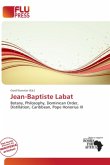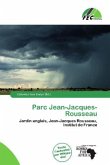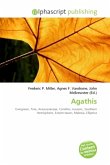Jean-Baptiste Pierre Antoine de Monet, Chevalier de la Marck (1 August 1744 18 December 1829), often just known as 'Lamarck', was a French soldier, naturalist, academic and an early proponent of the idea that evolution occurred and proceeded in accordance with natural laws. Lamarck fought in the Pomeranian War with Prussia, and was awarded a commission for bravery on the battlefield. At his post in Monaco, Lamarck became interested in natural history and resolved to study medicine. He retired from the army after being injured in 1766, and he returned to his medical studies. Lamarck developed a particular interest for botany, and later, after he published a three-volume work Flora française, he gained membership of the French Academy of Sciences in 1779. Lamarck became involved in the Jardin des Plantes and was appointed to the Chair of Botany in 1788. When the Muséum national d'Histoire naturelle was founded in 1793, Lamarck was appointed as a professor of zoology. In 1801, he published Système des animaux sans vertèbres, a major work on the classifications of invertebrates. In an 1802 publication, he became one of the first to use the term biology in its modern sense.
Bitte wählen Sie Ihr Anliegen aus.
Rechnungen
Retourenschein anfordern
Bestellstatus
Storno








